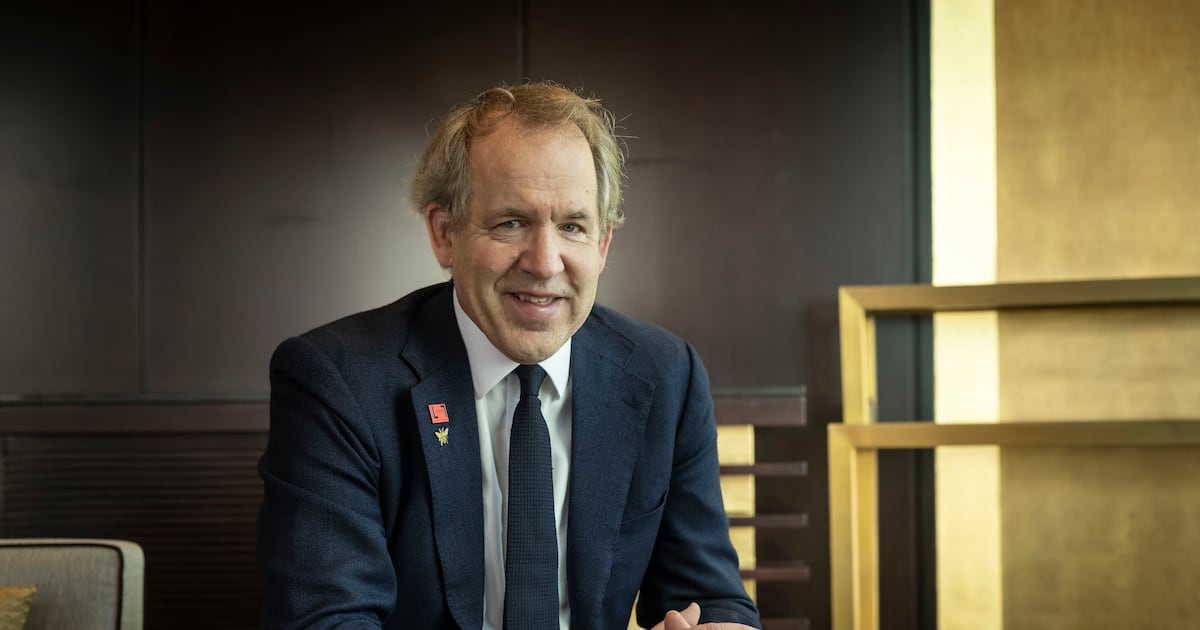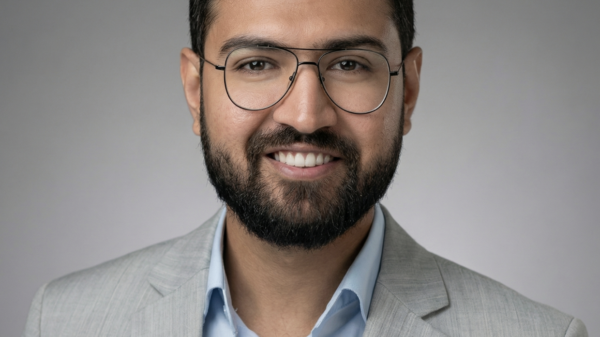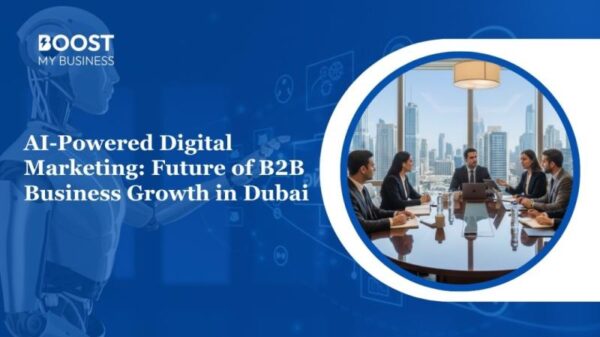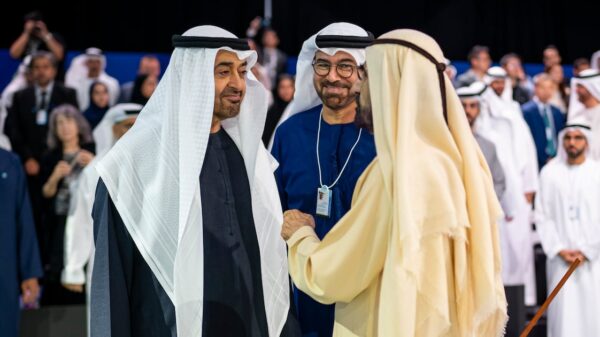Artificial intelligence is “without doubt” transforming the global labor market, according to Prof Duncan Ivison, president and vice chancellor of The University of Manchester. Speaking in Dubai, he emphasized that while AI technology is set to create new jobs, it is also increasingly taking over tasks previously handled by graduate employees in sectors like consultancy, law, and analysis.
In an interview with The National, Prof Ivison noted that economic factors, such as tax policies and delayed investments, along with rising automation, are pushing companies to develop their own AI solutions. “I don’t think we can say AI is responsible for everything that’s happening,” he acknowledged, but added that AI “without doubt is transforming aspects of the labor force.”
He highlighted the ongoing shift in job roles, stating, “We’re entering a period where lots of jobs will be eliminated or changed by the deployment of AI, but new jobs and new tasks will emerge. How do we make sure people are prepared for those changes?” This marks Prof Ivison’s first visit to the UAE in his current role, coinciding with the launch of a £400 million global fundraising campaign aimed at addressing pressing educational challenges.
Founded in 1824 during the Industrial Revolution, The University of Manchester has a history of addressing societal issues. The institution, which boasts about 44,000 students and 26 Nobel Prize winners among its alumni, is ranked as the sixth-best university in the UK and 46th globally.
Prof Ivison pointed out that the university’s efforts are rooted in its historical mission. “The university was founded by philanthropists who wanted Manchester to have a new university to deal with the challenges the Industrial Revolution was generating,” he said. “So it’s really harking back to that history but thinking about the future.”
The university also operates global branches in Dubai, Hong Kong, Shanghai, and Singapore, with its Dubai campus established in 2006. It provides MBA programs and courses focused on educational leadership and finance, with over 2,600 graduates so far. The current Dubai class of 2025 consists of 135 students from diverse backgrounds, many of whom are expected to remain in the region.
“Most of our MBA graduates will stay in the region,” Prof Ivison noted, emphasizing the significance of Dubai and Abu Dhabi for their careers. The rise of AI is central to discussions about education worldwide, with the International Monetary Fund estimating that AI will impact nearly 40% of jobs, replacing some while enhancing others.
Prof Ivison elaborated on how the rise of AI is reshaping education. He noted that students are eager to acquire AI skills and are particularly interested in learning how to use AI responsibly. “Responsible AI is deploying AI in accordance with the values that we want our societies to be organized around, and, in liberal democracies, that means we don’t want to leave people behind,” he stated.
He also remarked on the transformative effect of AI on research practices, describing advanced generative AI tools as “the equivalent of having a postdoc or having a couple of PhD students.” While he affirmed the continued need for postdoctoral researchers, he underscored how these technologies can accelerate research productivity.
However, Prof Ivison warned that AI could exacerbate social inequalities. “AI requires investment, it requires skills, and it requires a whole bunch of things that are unevenly distributed in our society,” he explained. He emphasized the university’s commitment to ensuring that its initiatives do not contribute to worsening these disparities.
Addressing the broader educational landscape, he noted that migration trends are significantly affecting higher education. While some countries face declining numbers of international students, he recognized a “strong demand” for students to study at Manchester. He expressed the university’s desire to expand its global centers, particularly in Dubai, which he described as a hub of higher education excellence.
“Dubai has an extraordinary concentration of higher education institutions, especially from the UK, so it’s always been a higher education center of excellence and I don’t see any reason why that won’t continue,” he said. Prof Ivison also mentioned the evolving role of MBA programs, which increasingly serve as springboards for new opportunities and entrepreneurial ventures.
As part of its strategic vision for the future, The University of Manchester recently launched its “Manchester 2035” initiative, which aims to address significant global challenges, including technology, climate change, migration, and entrenched inequalities. Prof Ivison highlighted the interconnectedness of these issues, stating, “Look at how the world deals with immigration now. It’s causing political and economic tensions in Europe and North America. Climate will drive migration. Inequality will drive migration.”
The university aims to leverage its diverse academic disciplines to tackle these complex challenges, fostering collaboration among its researchers. “How do we bring our material scientists together with our economists or our philosophers together with our health researchers?” he asked, illustrating the interdisciplinary approach that the university intends to employ in addressing pressing global issues.
See also Vietnam Integrates AI Education into Curriculum by 2026, Focuses on Ethical Use and Accessibility
Vietnam Integrates AI Education into Curriculum by 2026, Focuses on Ethical Use and Accessibility Nuclear Medicine Experts Embrace AI, Highlight Need for Enhanced Education and Collaboration
Nuclear Medicine Experts Embrace AI, Highlight Need for Enhanced Education and Collaboration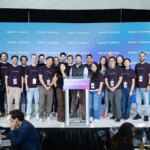 OpenAI’s SmallBiz AI Jam Empowers 150+ Businesses with Practical ChatGPT Training
OpenAI’s SmallBiz AI Jam Empowers 150+ Businesses with Practical ChatGPT Training ETH AI Center Welcomes Anthropic Researchers to Discuss Frontier AI and Safety Integration
ETH AI Center Welcomes Anthropic Researchers to Discuss Frontier AI and Safety Integration DMZ and PS43 Announce Second Siakam EdTech Cohort, Expanding Focus to AI Upskilling
DMZ and PS43 Announce Second Siakam EdTech Cohort, Expanding Focus to AI Upskilling















































